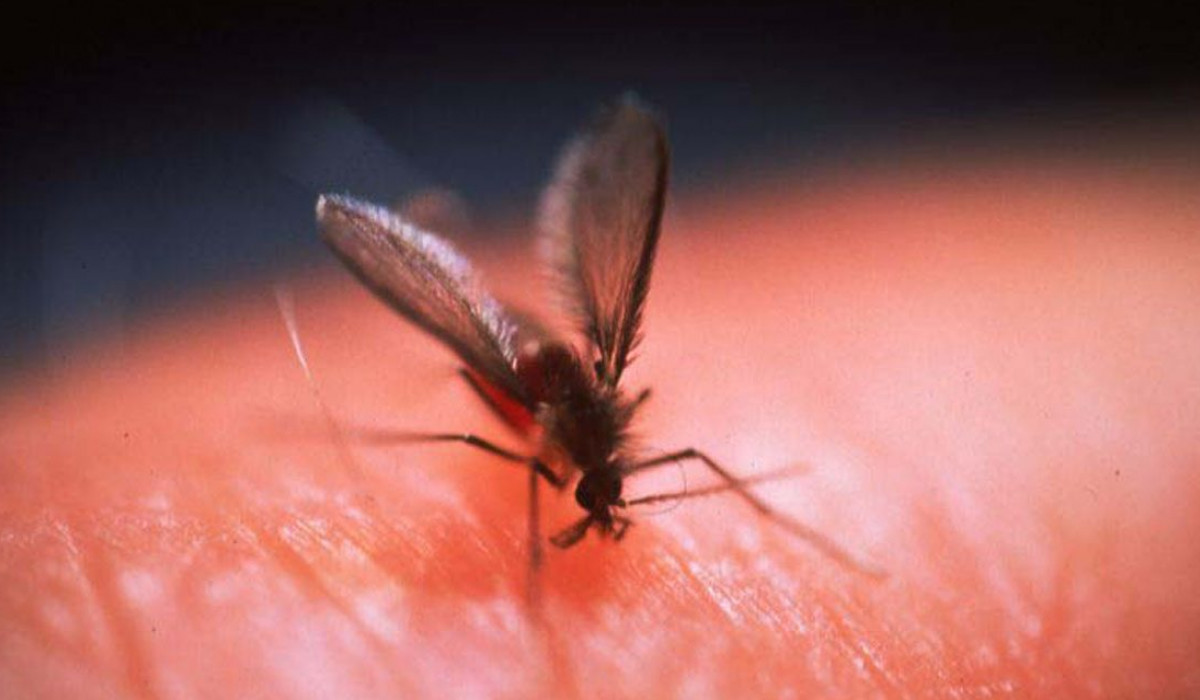Immunotherapy in dogs with Leishmaniasis: a new strategy to prevent the global spread of the disease
Sergi Segarra, head of R+D of Companion Animal Health Care at Bioibérica
Canine leishmaniosis is a parasitic zoonotic disease, which can be fatal for dogs as well as people. The disease is transmitted by the bite of flying insects called sandflies, which act as the vector. The type of immune response in the infected individuals is very important in determining how these patients progress and also their prognosis. As such, immunomodulation is now being considered as a strategy to handle this disease.

Impromune® is a product developed by Bioibérica which combines nucleotides and AHCC (mycelial extract of Lentinus edodes), allowing the immune response in dogs to be modulated. Recently the results of a study performed on dogs with clinical leishmaniasis was published in Veterinary Parasitology. The study observed that the oral administration of Impromune® for six months results in a clinical improvement similar to (or even better) than that obtained with standard treatment, without promoting the development of xanthine in urine, which is the main secondary effect of the current most commonly used treatment.
Unfortunately, in spite of the extensive use of insecticide collars and spot-on treatments against the sandfly which transmits the disease and in spite of the recent development and marketing of different Leishmania vaccinations, preventing and controlling this disease is still an unresolved problem. Furthermore, there is a great concern as many publications confirm that this disease is clearly spreading at a global scale, principally due to climate change. Given that dogs are the natural infection reservoir for humans, proper handling of infected dogs should lead to a decrease in the prevalence of the disease among humans. In fact, this strategy is included among the measures recommended by the World Health Organization (WHO) to control leishmaniasis.
That's why Bioibérica's R+D department continues to carry out additional scientific studies in order to obtain more scientific evidence for Impromune® as a type of immunotherapy for canine leishmaniasis, with a special interest in evaluating if it is possible to prevent the progression of the disease in clinically healthy, but infected animals. The aim is to promote a product which can be safely administered long term and, which once its efficacy is confirmed in these situations, would allow for the disease to be controlled better, leading to a decrease in the use of medications which are often associated with the appearance of secondary effects and drug resistance. Picture: A sandfly vector of Leishmania parasites taking a blood meal through human skin.
(Source: WHO)